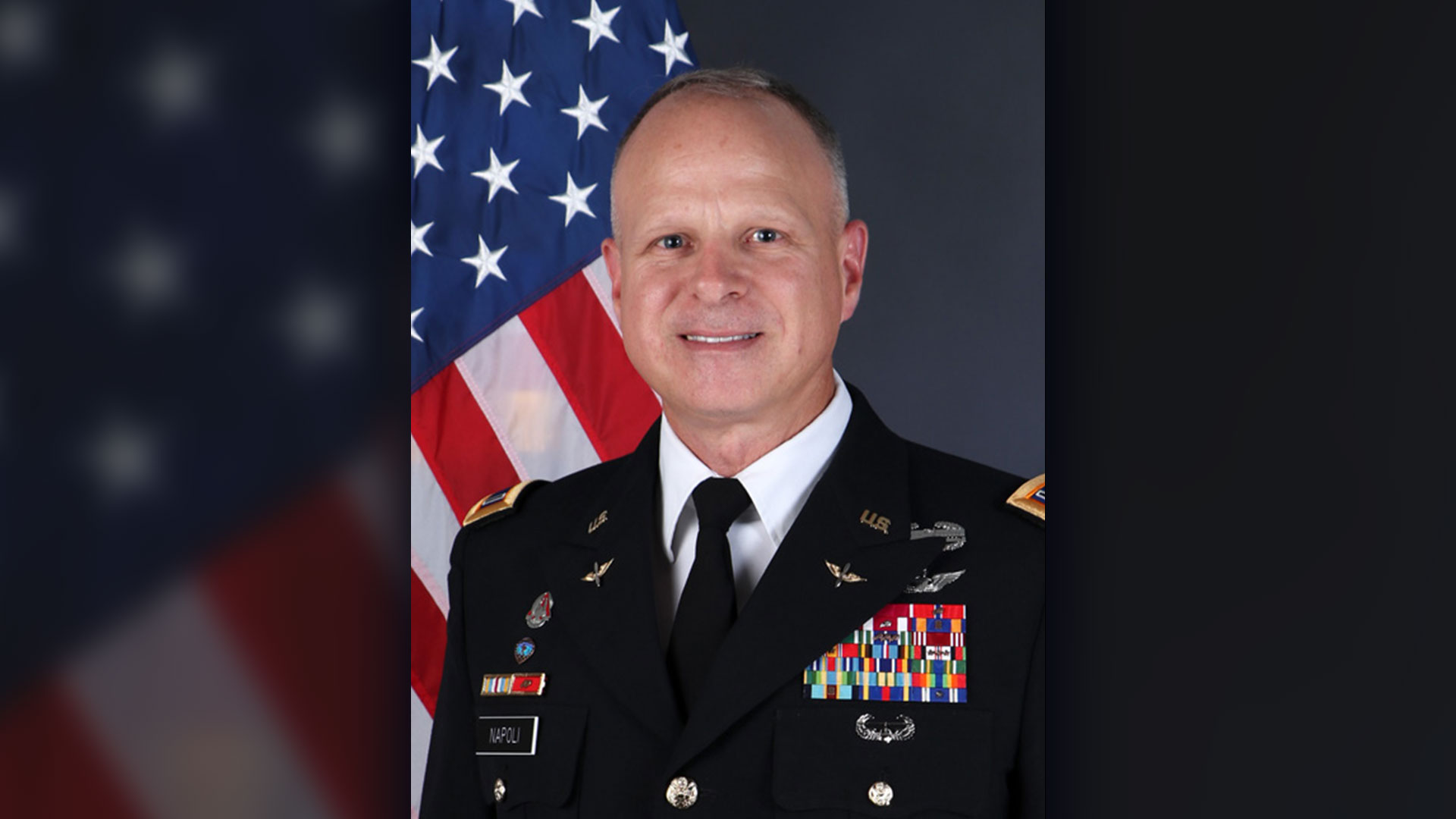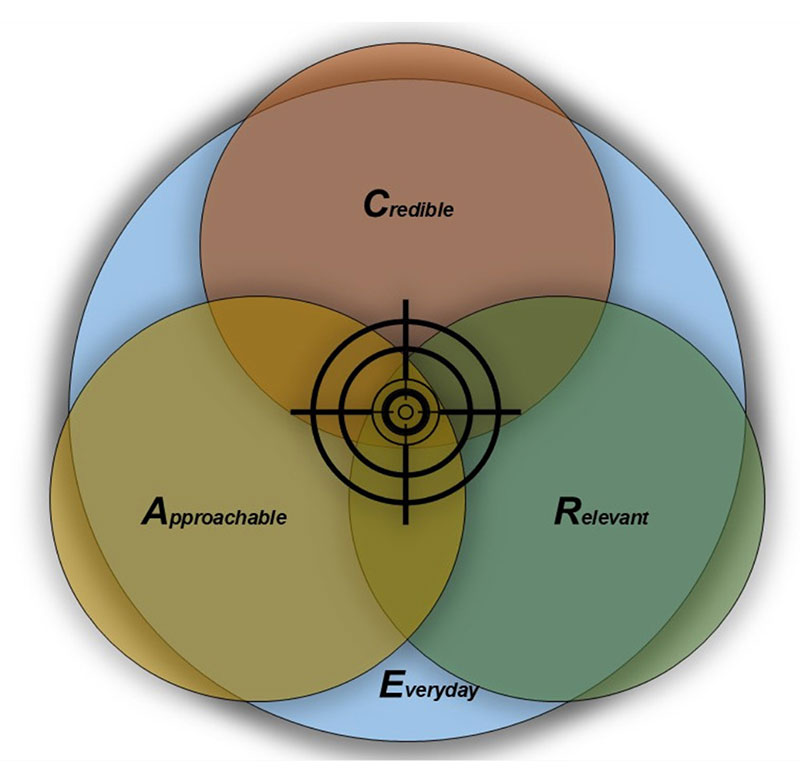Deputy Commandant’s Corner – Mentorship Part 2
By CW5 Stephen Napoli, Deputy Commandant, USAWOCC
Article published on: July 1, 2024 in the Strength in Knowledge July–September 2024 Edition
Read Time: < 6 mins

Picture: CW5 Stephen Napoli
Last quarter’s mentorship article in Strength in Knowledge laid a potential foundation for what all of us should look for in a mentor. That same foundation should be used as we self-assess our abilities to be an effective mentor. This quarter we build on that foundation with the “Can we summarize the characteristics of a quality mentor in a few pages over the course of a few editions of Strength in Knowledge? Certainly not to everyone’s satisfaction. And not everyone will agree with the assertions made in this series. Those two statements create the value of having multiple mentors—to provide different insights from different experience where neither is necessarily right or wrong. And informed discourse makes us all better.
On the heels of being humbled by being selected for promotion to CW5 in 2014, I was asked a question by a CW2 on a flight line in northern Afghanistan. The question was a good one, but the answer I provided embarrasses me to this day. While success should not be measured only by a promotion or by a pay raise, he asked me about how I have achieved success as a warrant officer—meaning being selected to be a CW5. How did I get there? Great question. It was a fantasy to be selected, and it was certainly not an expectation. But there I was being asked about the path and decisions I had made to get to where I was headed. My answer to his question was, “You have to work hard, and you have to sacrifice.” It is a great answer for many professions, from professional sports teams to corporate work. That answer resonates well with many Soldiers and leaders that have been the beneficiary of fortunate promotions. Yet, I was embarrassed by that answer . . . because we all work hard, and we all sacrifice. Those are key requirements just to serve in the Profession of Arms. It was the “easy, Army answer.” It did not require any thought, insight, or wisdom. It was not specific. And I was embarrassed that I failed to take the opportunity to offer more. That embarrassment changed my life and my approach to leading, mentoring, serving, and even parenting.

Figure 1: The Napoli CARE Model
Fast forward to my promotion ceremony to CW5 that occurred in November of 2014. I had been reflecting on the question (and answer) for months. I had a captive audience for the ceremony—to include the CW2 that had asked the question. I seized the opportunity to provide a better answer. After sharing the story about the question, I provided the following answer: “CARE.” Before I even knew how to articulate it, I had been setting goals to be Credible, Approachable, & Relevant Everyday (CARE). It was not a deliberate goal when my Army adventures began. It just continued to evolve until being revealed through being asked a question and the exploration for a better answer. It might seem like a simple “catch phrase.” For me, it was a more tangible and substantive answer. It was the best recipe for success that I could connect to my own experiences. Have I successfully employed the CARE model all of the time? Absolutely not. It is a goal where consistency can be elusive.
I share that story to share this story: I was recently asked what to look for in a mentor. I had never been asked that question before, and again I felt challenged in the moment by what the best answer might be. I immediately retreated to the learning experience from the story about a generic answer to a good question. This is where I found that “CARE” is a model that applies across multiple ecosystems. And I will attempt to capture that application within the context of mentorship. We are all certainly capable of using the words “credible,” “approachable,” “elevant,” and “everyday” adequately in conversation. Nevertheless, we are going to dive into each one with upcoming articles as they apply to mentorship— and indirectly applied to other life situations. Until then, continue to uphold the professional obligation of being lifelong learners as described in ADP 6-22, where we actively offer and accept coaching, counseling, and mentorship.